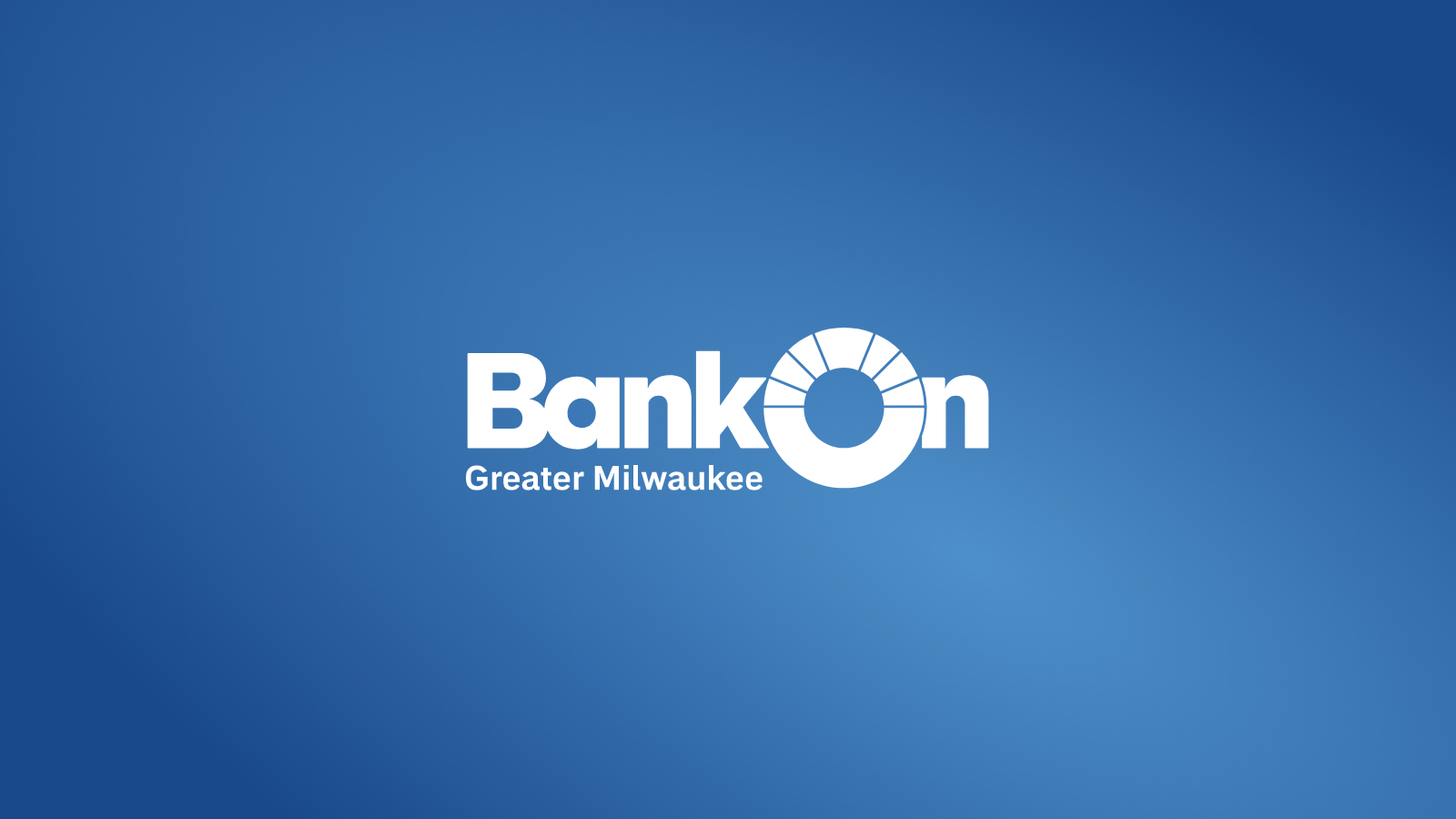As this month comes to a close, it’s important to remember that financial education is a year-round process. In fact, learning about personal finance is essential to ensure long-term financial health and success! To help with this endeavor, Bank On Greater Milwaukee is committed to providing resources and tools that help the community understand the importance of saving, budgeting, and investing.
One recent initiative we’ve been involved in is “Our Two Cents” by Teens. This program, sponsored by Bank On Greater Milwaukee member Summit Credit Union and partner Milwaukee Public Schools, provides a platform for high school students to share their personal experiences and insights on money management. These students created a newsletter to share valuable advice with their peers, such as the importance of creating a budget, establishing good credit, and building an emergency fund. They’ve also touched on important topics like the cost of higher education and how to avoid falling into debt.
One of the most important takeaways from “Our Two Cents” is the need for financial education to start early. By learning basic financial principles at a young age, students are better equipped to make smart financial decisions in the future. This is why we’ve made it a priority to partner with local schools and community organizations to provide financial literacy resources to students of all ages. View this inaugural newsletter here!
This month is also an important opportunity for each of us to reflect on our own financial situations and learn new strategies and tools to manage our finances more effectively. Financial literacy plays a critical role in overall financial health and stability, as it provides individuals with the knowledge and skills to make informed decisions, set and achieve financial goals, avoid debt and financial pitfalls, and build long-term wealth.
Other recent posts that you may find helpful are our “10 Tips” blog, FDIC Play Money Smart game, and 2021 Financial Literacy Month Book Read list.
By promoting financial literacy, we can help individuals and families build stronger financial foundations and create more stable and prosperous futures. Here are a few websites and organizations that offer resources and tools to help individuals continue their financial literacy education:
- MyMoney.gov: This website created by the US government provides a wealth of resources on personal finance topics, including budgeting, credit, investing, and retirement planning.
- Money As You Grow: This website from the Consumer Financial Protection Bureau (CFPB) provides resources, tips, and activities that can help parents and educators work with children to develop money skills, habits and attitudes.
- Financial Industry Regulatory Authority (FINRA): FINRA’s Investor Education Foundation offers a range of resources and tools to help individuals become more financially literate, including educational videos, quizzes, and courses.
- National Endowment for Financial Education (NEFE): Provides a variety of financial literacy resources, including articles, webinars, and workshops on topics such as saving, investing, and debt management.
- The Financial Literacy and Education Commission (FLEC): A government organization that coordinates financial education efforts across multiple agencies. Its website offers a variety of resources on topics such as managing credit, buying a home, and planning for retirement.
- The Council for Economic Education (CEE): A nonprofit organization that provides financial literacy resources to educators and students, including lesson plans, activities, and games.
- The National Financial Educators Council (NFEC): A financial education organization that offers a variety of resources and tools to help individuals improve their financial literacy, including online courses, workshops, and certifications.
- “Financial Football”: This free interactive game created by Visa and the NFL teaches players about personal finance topics such as budgeting, saving, and credit management in a fun and engaging way. Players can choose their favorite NFL team and compete against the computer or against friends to answer financial literacy questions and move the ball down the field. By playing Financial Football, individuals can learn valuable financial skills while also having fun.
These are just a few examples of the many websites and organizations available to help individuals and families continue to build their financial knowledge and improve their overall financial health. Although Financial Literacy Month may be ending, the need for financial education never stops!




 (414) 562-9904
(414) 562-9904
 1915 N Dr. Martin Luther King Drive
1915 N Dr. Martin Luther King Drive